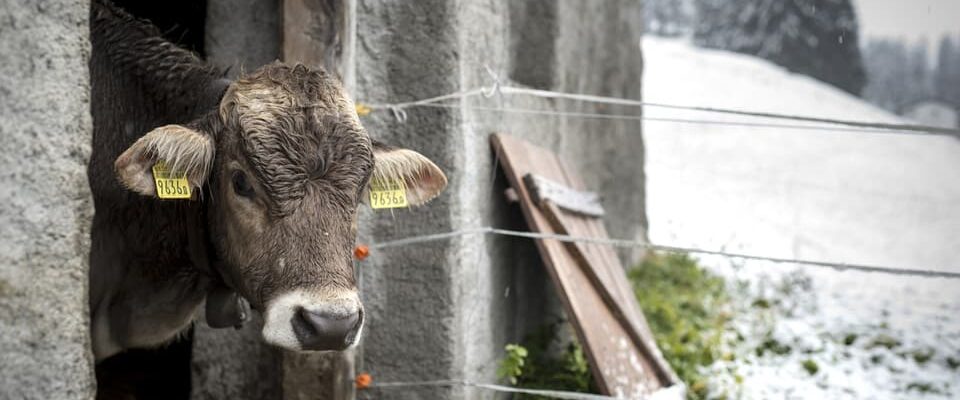Contents
“Chuenagel”, “Unigler”, “Hornagel” or “Hurnigel”: where the term comes from and what can be done about the annoying stinging.
It’s freezing cold right now. So cold that the mercury barely rises above zero. This is why so-called “ice days” are currently being experienced in large parts of Switzerland.
So anyone who spends time outdoors prefers to quickly return to the warmth. But be careful: if your fingers and toes suddenly tingle as if tiny needles were poking into them, the cownail has struck.
Which cow is nailing that?
In German-speaking Switzerland, the phenomenon refers to mild frostbite that causes pain. The latter occurs because blood vessels that have contracted due to the cold are not supplied with enough blood and are warmed up again too quickly. When the vessels are pulled apart, the familiar pain occurs.
In various dialects, the tingling sensation in the fingers and toes is referred to as “Chuenagel”, “Chunagel”, “Unagel”, “Unigler”, “Hornagel”, “Hurnagel” or “Hurnigel”. This is what the Swiss Idiotikon describes. It also describes where the term comes from. However, linguistics does not agree. One thing is clear: the word is not made up of cow and nail, but probably from “Kuhn” and “Agel”.
Sharp like the perch and the magpie
The back part of the word “Agel” or “Agle” most likely comes from “sharp”, “sting” or “sting”. Related words are the magpie (“the one with the pointed tail”) or the Egli (“the one with the pointed dorsal fin”) as well as the harrow or the corner.
Legend:
Do cattle also suffer from cow nail? A calf looks out of the warm stable into a winter landscape.
Keystone/GIAN EHRENZELLER
However, the origin of “Chue”, “Un” or “Hurn” is less comprehensible – at least etymologically. The Idiotikon names several possibilities: On the one hand, it could come from “horn” or from “kühn”, as previous linguists had explained. So it would simply mean “piercing a nail”. However, the Idiotikon editorial team rejects the relationship with “kühn” because its Old and Middle High German meanings “brave, strong, combative” do not really fit the meaning of the word.
Another possibility would be to interpret the first part of the word as reinforcement. As with “Un” (compare “ugross” for “very large”), the meaning would simply be “strong stinging”. The other forms could have been derived from this over time.
How to avoid stinging
So much for origins. But what helps against the phenomenon? Of course, it’s easiest if there is no tingling in your hands and feet in the first place. So: Dress warm enough so that you don’t feel cold. The onion principle often helps here, which also helps against the current nasty bites.
Contrary to what is often said, it is not the case that you only have cold hands or feet if you are not sufficiently protected against the cold. You should also be dressed warm enough on your body. Cold shows up particularly quickly on the extremities, as they have less blood circulation and have less muscle and fat than the rest of the body.
If toes and fingers still get cold, you should warm them up slowly. For example, with a water bath into which you gradually pour warmer water. But be careful: it’s better not too hot. Because the skin does not have a good blood supply, it has difficulty sensing temperatures that are too high. In the worst case, burns occur. And they last longer than “nail piercing”.
